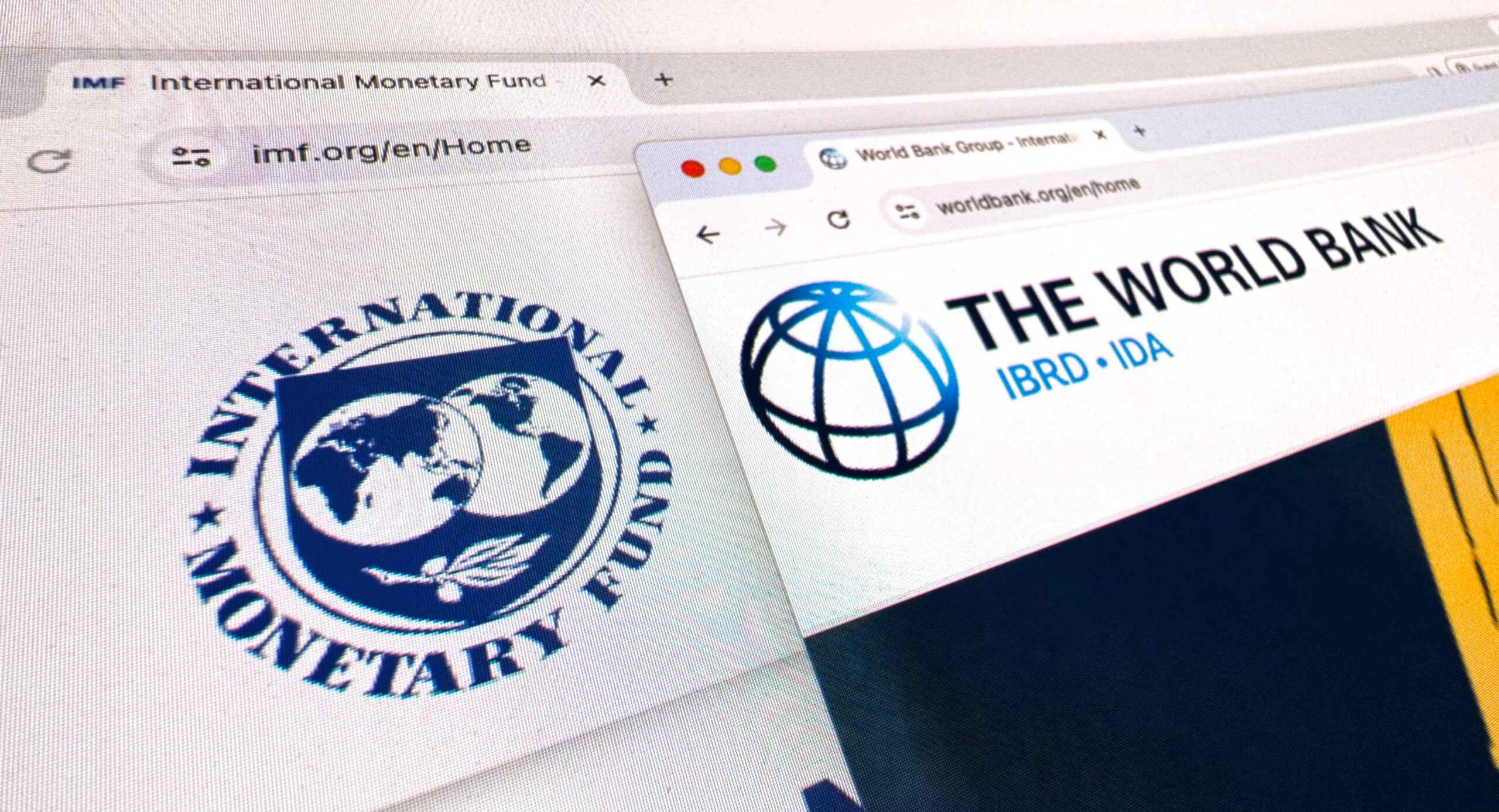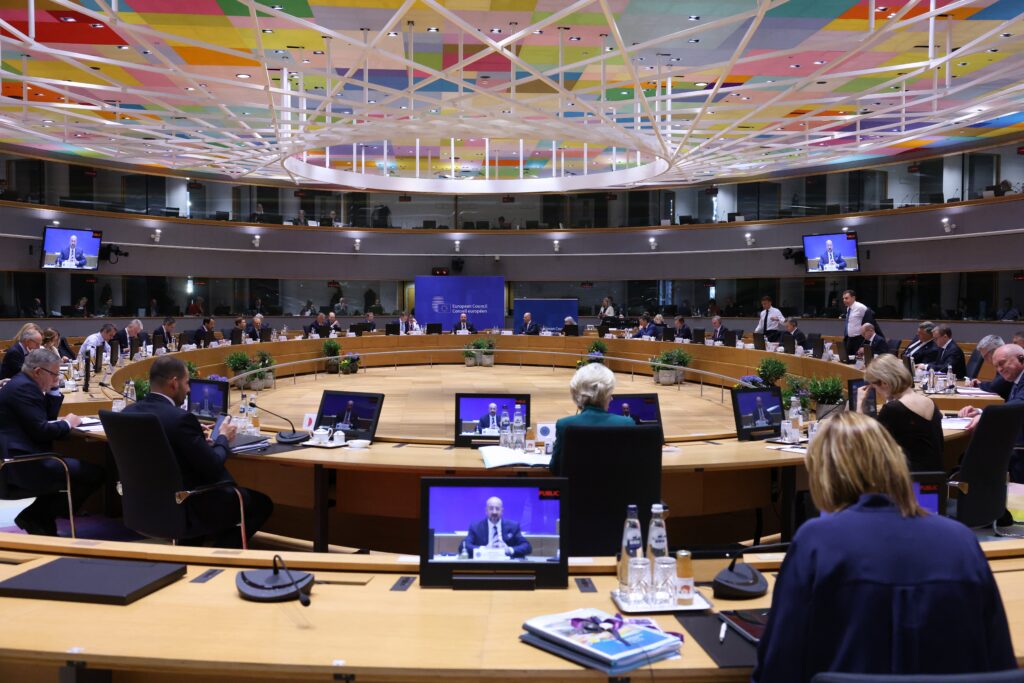| By Linyi Zheng |
Financing the Future: Creating a Unified Front in Debt Restructuring
The spring of 2024 marks a pivotal moment in the evolution of climate finance, as the IMF and World Bank meetings inject fresh momentum into the field. This significant wave of change is redefining how the world approaches sovereign debt, a development that carries profound implications for climate change funding.
Leaders from important institutions, including the IMF and the World Bank, have signaled a unified front by establishing new, streamlined protocols for debt restructuring. This unity was evident in the Global Sovereign Debt Roundtable discussions, where managing directors and finance ministers recognized strides made with nations such as Zambia and Ghana. These countries are testaments to the potential for better, faster, and more tailored solutions to sovereign debt—a necessary step for emboldening climate action.
The Roundtable highlighted a growing consensus: clear and coordinated methods are vital for managing the complex interplay of climate finance. This consensus calls for unity, suggesting that the collaboration of creditor and debtor nations is fundamental in securing funds for environmental initiatives.
Private Sector’s Growing Role in Climate Finance
This year’s spring meetings shed light on the limitations of traditional funding avenues for climate finance. The private sector’s role is now more pivotal than ever, and the strategic investment in educating future generations extends far beyond immediate returns. By nurturing human capital, we are sowing the seeds of future resilience against the mounting challenges of climate change.
The new approach to sovereign debt, discussed at length during the meetings, is set to influence climate finance strategies. Effective debt management is positioned as a key to unlocking the funds needed for climate-related efforts. However, achieving these goals will require a steadfast commitment to transparency and accountability from both financial institutions and governments. The dialogue and decisions made in the 2024 spring meetings are not just for the present but are paving the way for long-term benefits in climate finance and educational investment.
Strategic Investments and Transparency for Climate Finance
As these transformative discussions continue, they lay down the framework for a sustainable and equitable future. With innovative financial reforms, a commitment to transparency, and a strategic focus on education and debt management, the international community is advancing toward a future where climate action is not only effective but also inclusively beneficial, ensuring that no one is left behind in our journey to a more sustainable world.



